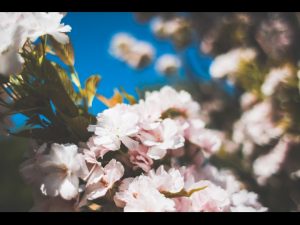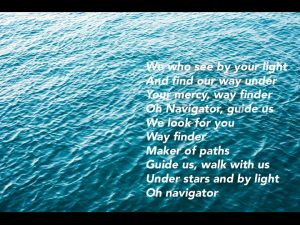
Speaking – The Beatitudes Series, Edge Kingsland.
Here’s some audio from my recent message at Edge Kingsland, in Auckland NZ on October 16th, 2016.
I’ve included some slides that I used, that may be helpful visual aids. Listen to the end and you’ll get to hear a rough snippet of a beautiful song called Come to the Water. I did double-duty on Sunday and it was beautiful to sing this after sharing my thoughts.
The Beatitudes are found in Matthew 5, where Jesus is sharing what becomes known as his Sermon on the Mount.
This beatitude stands out because of the verbs. The others talk about states of being but in this verse, it’s our action of hungering and thirsting that brings about satisfaction or fulfilment. Thinking this verse is simply about pursuing justice or righteous living is a shallow reading of the Scripture and forgets the broader context: Jesus is reframing the way the Israelites see and understand the Law as a way of living.
We are left with questions and I believe, this verse is about what we do with questions. Questions like what is it to hunger or to thirst. Most importantly, what is justice? What is the right way to live?
Why does this matter? Because we are people who were ripped from the Garden, where we used to have the freedom to ask God any question we had. The Beatitudes are a garden moment for us – momentarily we are returned to communion with God.
We began in the garden, our birth and creation story. Before our way of living in the world was defined by the morality we encountered eating from the Tree of the Knowledge of Good and Evil. Our understanding of right and wrong became the system that gets in the way of our intimacy and communion with God. When we had questions, we used to ask God. Now when we have questions, we look to the Law.
As human beings we are drawn to systems. We love structure and how easy systems make it to navigate through the vast amount of data we live with in the world. So we classify and categorise. We define things as good or bad, right or wrong, beautiful or not beautiful. Worthy or unworthy.
This is ok, this isn’t. You’re that kind of person, we’re this kind of church, we are those kind of people. On and on it goes. But the more the world changes the more classification is required to understand which categories fit what.
The Israelites had a way of dealing with this – they created laws around the law so there was no risking of not getting it right. But when we live in this way, it’s easy to see how quickly our categorisation gets in the way of our intimacy with God. And this is shallow living because the system of categorisation and classification is doing the work. We end up trusting our system of right and wrong instead of trusting God with the big questions we have.
And they are big questions about a world that is changing faster and more dramatically than what we can imagine. It’s no longer safe to ask some of the questions we’re facing because our system won’t cope.
As a youth worker and minister, people have frequently told me how far they feel from God. I am often asked what I think about a situation and what I think God thinks. And my response is that I have only one job: to get out of the way and gently push you back into deep waters. In deep waters, there is no constraint on the questions you might ask. You can swim deeply and learn again the ease and trust of intimacy with God. The fulfilment and satisfaction is found in being able to ask the questions.
If you find yourself holding on the answers more than embracing the questions, it’s time to turn around and head back out to deep waters.
It’s important we become people who are brave enough to ask questions and a place that is safe enough to ask questions in. We are defined by the questions we ask and the manner in which we ask them.
Have thoughts or want to talk? Reach out.








